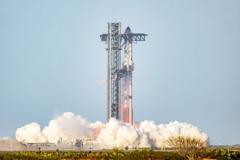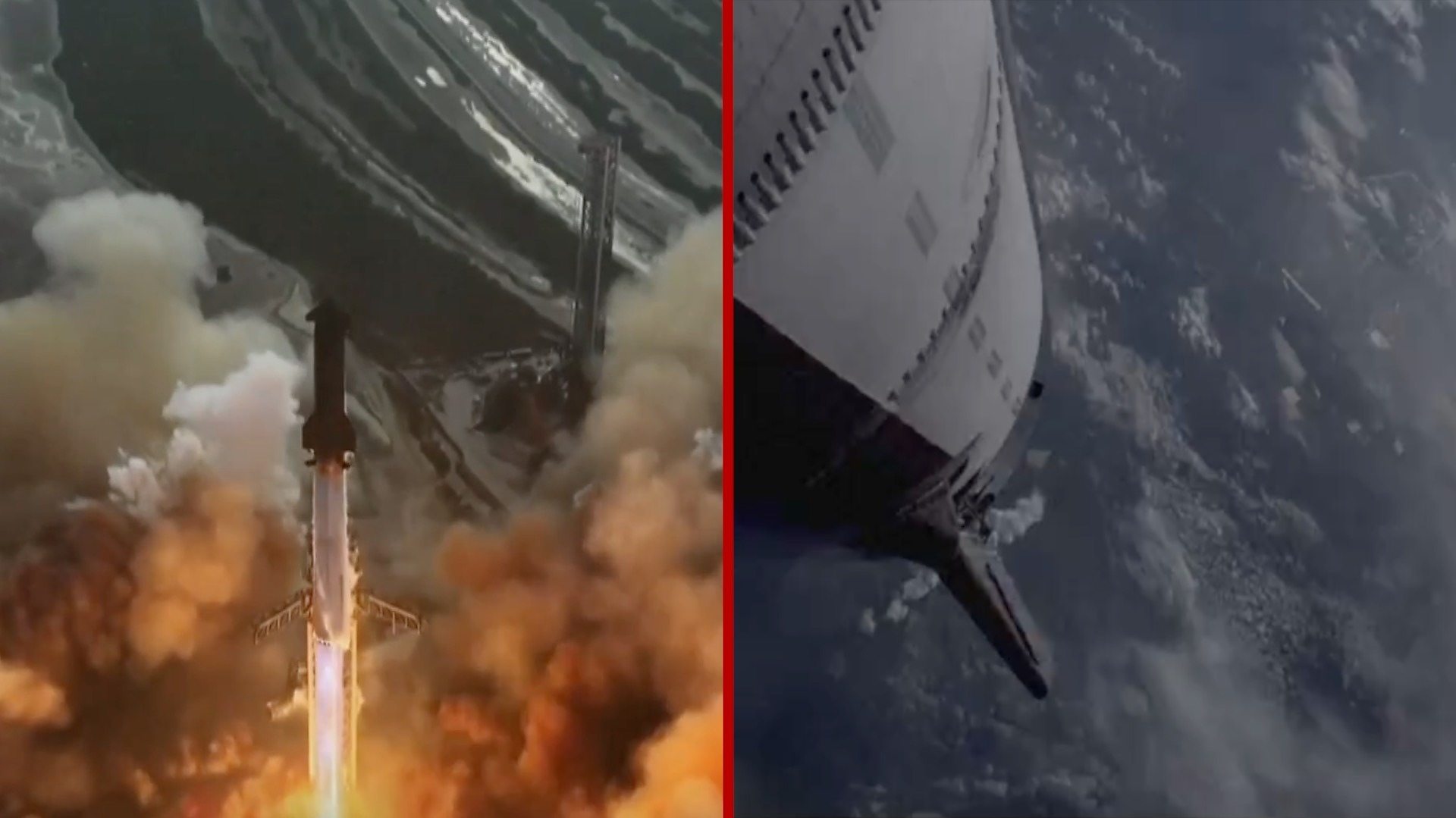SpaceX founder Elon Musk has revealed plans for a mission to Mars, aiming to launch the Starship rocket by the end of 2024. This ambitious goal comes as the company analyzes a series of recent test flight failures, including one incident where the rocket exploded shortly after launch in Texas. Musk expressed optimism that human landings on Mars could commence as early as 2029, although he also acknowledged that 2031 is a more probable target, sharing updates on his X social media platform.
Standing at a towering 123 meters, Starship is crucial for Musk's vision of establishing a human presence on Mars. However, its path has been marred by several test failures, including a significant explosion last week during a scheduled flight test. SpaceX is now undertaking a thorough review to identify the causes behind these failures, particularly after losing "several" engines during the latest incident. The Federal Aviation Administration (FAA) has mandated that SpaceX conduct an investigation and resolve these issues before future flights can proceed.
Additionally, NASA plans to employ a modified version of Starship for its Artemis missions aimed at returning humans to the Moon. Musk envisions leveraging the rocket system not only for lunar exploration but also for making humanity a "multi-planetary" species. He shared that the inaugural Mars mission is expected to transport Tesla's humanoid robot, "Optimus," which was unveiled to the public last year. Musk believes that the robot could one day perform various everyday tasks with an estimated price tag between $20,000 and $30,000.
In parallel, SpaceX successfully launched its Falcon 9 rocket carrying astronauts to the International Space Station (ISS), marking a notable moment in its operational strategy, even as two crew members have faced unexpected extended stays aboard the ISS due to technical complications with their spacecraft.

















